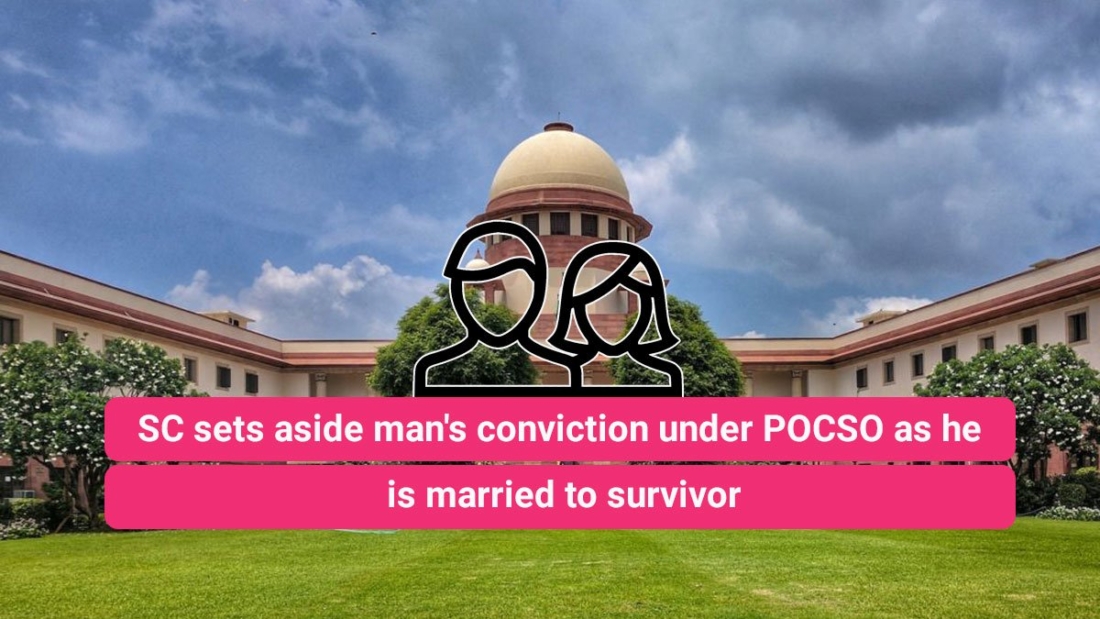The bench of Justices L Nageswara Rao and B R Gavai sets aside the conviction of a man accused in a POCSO case after noticing that he had married the prosecutrix and had two children.
Facts
The appellant is the maternal uncle of the prosecutrix and belongs to the Valayar community, which is the most backward community in the State of Tamil Nadu. An FIR was lodged against him for committing rape under Sections 5(j)(ii)read with Section 6, 5(I) read with Section 6 and 5(n) read with Section 6 of the Protection of Children from Sexual Offences Act (POCSO Act) 2012. He was convicted after trial for committing the said offenses and sentenced to undergo rigorous imprisonment for 10 years by the Sessions Judge, Fast Track Mahila Court, Tiruppur. The High Court upheld the conviction. Aggrieved thereby, the appellant has filed this appeal.
CONTENTIONS
The appellant argued that the accusation against him was that he had physical relations with the prosecutrix on the pretext of the promise of marrying her. He declared that he married the prosecutrix and they have two children. The appellant advanced that this Court should exercise its power under Article 142 of the Constitution and ought to do complete justice and it could not be in the interest of justice to disturb the family life of the appellant and the prosecutrix.
The learned counsel appearing for the State opposed the grant of any relief to the appellant on the ground that the prosecutrix was aged 14 years on the date of the offense and gave birth to the first child when she was 15 years, and the second child was born when she was 17 years. He argued that marriage between the parties is not legal. He voiced his concern that the said marriage might be only for the objective of evading punishment and there is no assurance that the appellant will take care of the prosecutrix and the children after this Court grants relief to him.
ORDER
The Bench concluded that the said judgment of the High Court should be set aside to achieve the larger purpose under Article 142 of the Constitution.
The Court stated, “This Court cannot shut its eyes to the ground reality and disturb the happy family life of the appellant and the prosecutrix. We have been informed about the custom in Tamil Nādu of the marriage of a girl with the maternal uncle”.
To assure the appellant’s intention, the Apex Court also said that if the appellant doesn’t take proper care then she or any person on her behalf can move to the court for changes in the said order.
Written by Vaishali Jain & Hamda Arfeen
 Cart is empty
Cart is empty 

